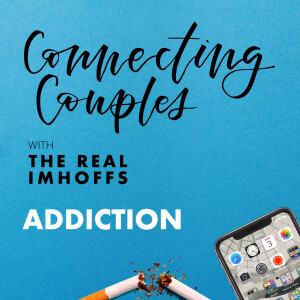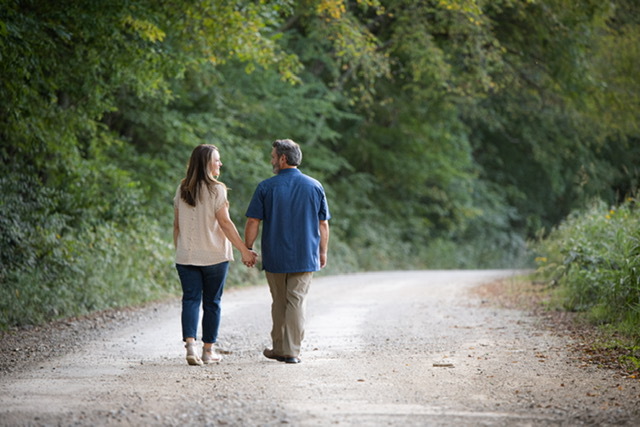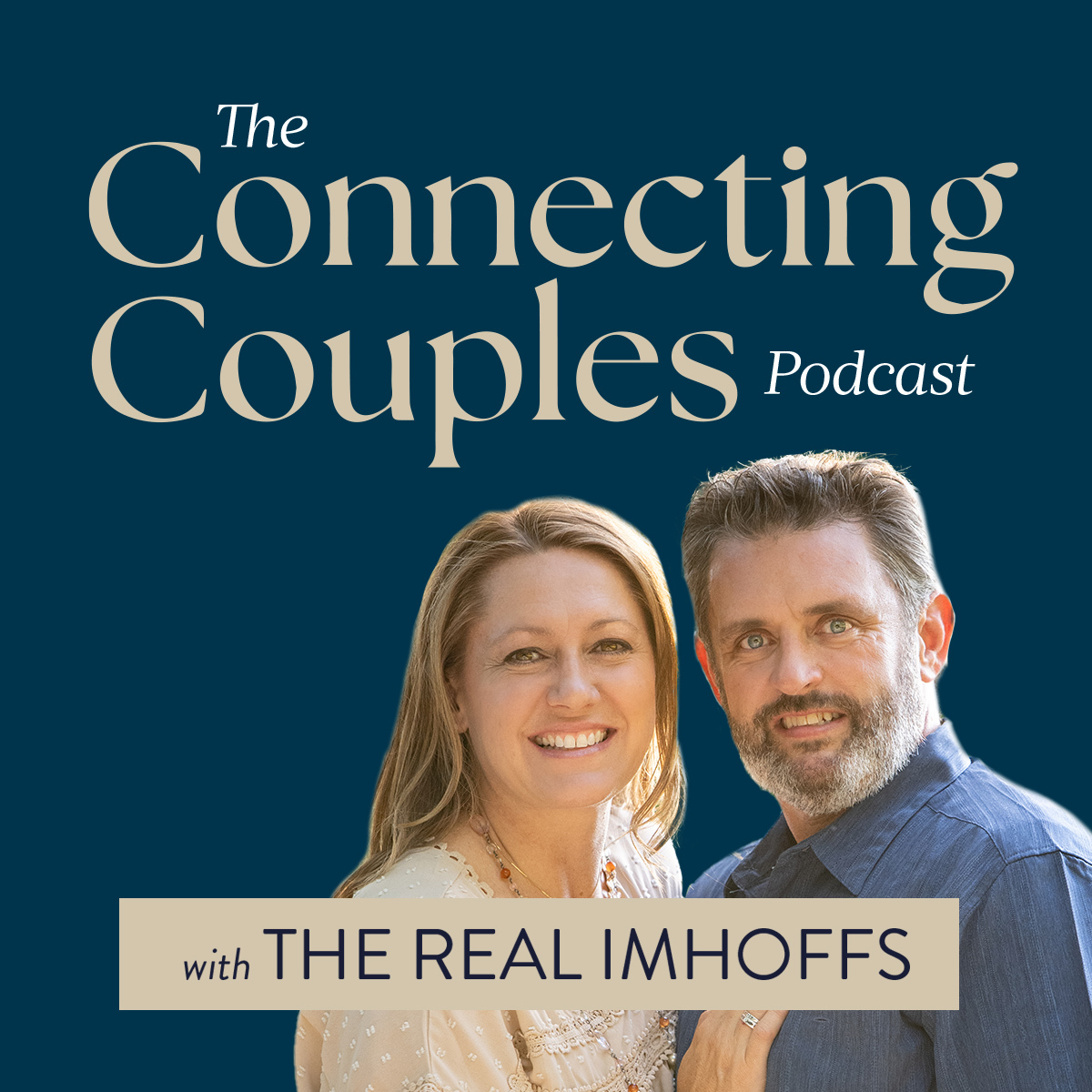Episodes

Wednesday Oct 05, 2022
Connecting Couples in Addiction: Episode 9- Your Story
Wednesday Oct 05, 2022
Wednesday Oct 05, 2022
Episode 9: Your Story
Show Notes
First 5 minutes:
Intro- Sharing your story and how you got healthy give you assuring in your heart and in your relationships that you aren’t’ going back to the place where you were.
The fifth of the 5 action steps is embracing your story. It’s often hard to ‘own’ your story without having the first 4 action steps in place first. But once you can tell your story, and show the long division, you can give yourself assurance that you know how you got here and what you need to be healthy. Our culture promotes keeping the hard stuff private, so this step can be hard.
For me, realizing how my life broke down, it was easier to start to understand my own stuff because I was in CR and was listening to other people sharing their stuff. It was inspiring and helped me have the courage to start considering my own flaws and poor choices. So often we want to present the good things and we forget to acknowledge the bad.
Minutes 5-10:
If we are unaware of some of the reasons we struggle, then sometimes those things we are unaware of can be the underlying things are run us, and we don’t even know it. Our bodies are designed to hold on to hurt, so when we’ve been through hard places, yet we hide the places that our body remembers, it can feel incongruent. Without putting the pieces together, it’s harder to stop the bad behaviors because we don’t know what they are connected to.
Even though our culture is getting better at acknowledging mental health needs, often our family of origin rules and past experiences speak louder to us about what we can own about where we come from.
Minutes 10-15:
You don’t really want to go to this 5th one until you have the first four done. You need people to support you and who know your story and accept you, so that you can start to accept yourself. A good place to start is with a timeline of your chronological events. You can start to fill in some of the emotionally impactful things, but the framework for a timeline is a good foundation.
Once your timeline is in place, can you look back and ask yourself if there were events that were hard or left an impact on who are you. Often you can start sharing with the people who are safe, like a therapist or a sponsor. We don’t suggest you do this alone. In recovery groups, people often do an inventory. That’s a good thing to do if you are getting started on this process.
Minutes 15-20:
It can be confusing on our stories when people we love who cared for us, also hurt us at moments in our lives. Being about to identify the impactful moments, good and bad, is part of embracing who we are and how experiences shaped our identity.
It takes work for us to redeem some of the worst parts of our stories and choices, but it is possible. The first step is to identify what those worst parts are and why and how they happened. We also have to consider the pace that is sustainable for our body as we start unpacking hard things.
Minutes 20-25:
When you can start stacking the action steps, then you can build self-care in on the days when you start to unpack your story. Also, communicate to your safe people that you are about to tackle some hard topics from your past so that they can be ready to respond to you if you need it.
Connect Point:
Take some time and consider your story and ask yourself if there are some years or events that you would like to remove from your timeline. If so, consider sharing those times with your partner.
To read about and hear more of Chad's and Angela's stories, check out their website at: www.therealimhoffs.com


No comments yet. Be the first to say something!